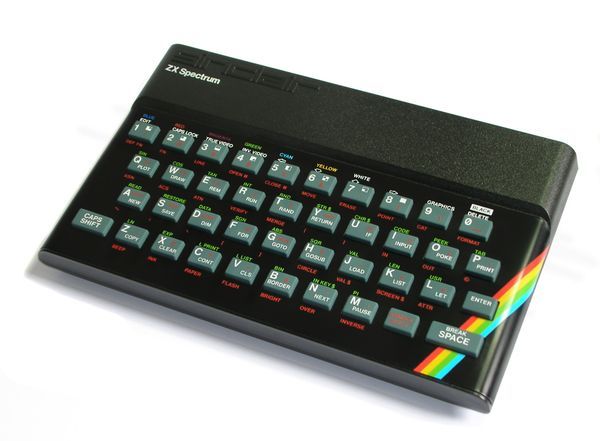
Micro Mart
 5th January 2012
5th January 2012
Categories: Retro Gaming
Author: Shaun Bebbington
Published in Micro Mart #1190
2012 marks the 35th year of one of the most important events in recent history, and no, we don't mean Shaun's birthday...
Retro: Happy Anniversaries
You may not be aware of this, but in January 1977, the world's first consumer-grade personal computer was shown at the Consumer Electronics Show in Las Vegas, presented by Commodore Business Machines. Although this may not be what we know as a personal computer today, and, in fact, was something that IBM dismissed because it "offered a few applications but none that justified widespread use" (in truth, few people had yet realised a personal computer's true potential yet, though plenty of software and applications were developed once the machines were in the right hands), it provided significant advancements from the computer kits that preceded it because it was an all-in-one computer that included a visual display unit, cassette player for storage, and a QWERTY keyboard. Just plug it in and you're ready to go.
More than this, the Commodore PET had an 8-bit ASCII-compatible character set - rather than the 7-bit standard used before it - a good amount of memory (4 or 8K of RAM, expandable to 32K), and an impressive 14K of ROM (Read Only Memory), which included an 8K BASIC interpreter and a 4K operating system. This might be nothing by today's standards, but the personal computer was born. It has to be said, the Commodore machine was more reliable than the others launched in the same year, such as the Apple II and the Tandy TRS-80. The PET was much cheaper than its two rivals too; in North America, anyway.
Just five years later, and building on the success of the PET, at the same annual event Commodore announced the C64. In April that year, Sinclair Research launched the ZX Spectrum; both machines played pivotal roles in getting the UK into computing.
This year, therefore heralds 35 years of the personal computer, and the 30th anniversary of two of the most important home computers in our history, especially because the Spectrum was, from the outset, at a price point in reach of the average family.
The whole reason that I got into computing in the first place is thanks to Commodore, led by Chuck Peddle and Jack Tramiel, and Sir Clive Sinclair, because both companies made significant steps in reducing the costs of technology. Jack's most famous quote is "we make computers for the masses, and not the classes", and as the company went on to sell tens of millions of machines worldwide, there's no arguing with that. Although we always think of Sir Clive being the cost-cutting king, no one should forget this and Chuck's contribution to affordable technology. Not least because the 6502 processor was about the cheapest CPU on the market from the outset. It was at the heart of Atari's 400/800, and 2600 games console, Apple's I and II and Acorn's BBC Micro, to name but a few machines.
To celebrate the birth of home computing, and in the same fashion as happened back in computing and even video games magazines from the early 80s, I'll once again be writing programming tutorials and coding snippets over the coming months, as well as keeping you up to date with the latest news from the wily retro scene. If you have any questions, or you'd like to share your memories, please contact me through the Micro Mart forums or by emailing shaun@micromart.co.uk.



